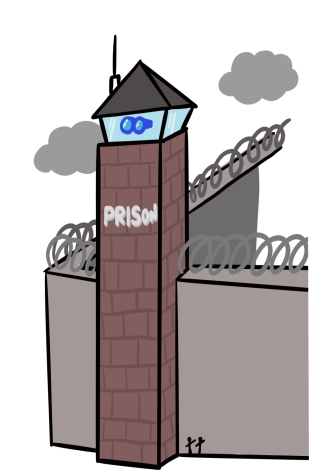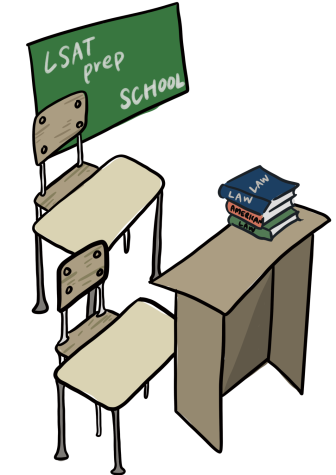Education encouraging prison abolition and the unfair treatment of inmates in this process
This fall, Mitchell Hamline School of Law welcomed the nation’s first incarcerated law student, Maureen Onyelobi.
September 27, 2022

Education is a fundamental human right that is, among countless other rights, often stolen from people who are or have been incarcerated. Minneapolis-based nonprofit social enterprise, All Square, is fighting to change that.
The Prison to Law Pipeline — A partnership between Mitchell Hamline School of Law and All Square, helps incarcerated legal scholars with the process of acquiring American Bar Association (ABA)-accredited law and ABA-approved paralegal degrees. The program’s first class includes five paralegal scholars and one Juris Doctorate scholar — Maureen Onyelobi. Maureen is the program’s first and only Juris Doctorate scholar, making her the first currently incarcerated person in the United States to attend law school.
Beyond legal education, this groundbreaking initiative aims to spark a legal revolution and, “transform the legal discipline through a series of initiatives that center racial equity, wellness and the expertise of those most impacted by the law,” as All Square states on their website.
There are also plans to establish a civil rights centered law firm that provides for and employs incarcerated legal scholars.
I had a chance to talk a bit about education, the prison industrial complex, and Maureen with abolitionist and Hamline University community fellow: Jason Marque Sole.
Jason has personally known Maureen since 2017. Upon meeting, Maureen informed Jason that what she needed most was for people to know her story.
Even once Maureen had secured her place in the Prison to Law Pipeline program, that did not stop Shakopee prison facilitators from attempting to derail her hard work. Leading up to the Law School Admission Test (LSAT), Maureen had been promised a single-occupancy cell to establish a quiet study space for herself yet, another person was placed in her cell anyways. Thankfully, Maureen had a community support system to fall back on.
Upon learning about the prison’s meddling disruption, Jason quickly made some phone calls and contacted vital allies to the movement. Within a day or two, Maureen’s quiet study space was reinstated.
“That’s one thing about being more community than anything … Maureen is somebody who I might not talk to all the time, but when she reaches out we get it in,” Jason said.
However, even with all of her hard work and accomplishments, Maureen is still not guaranteed a pardon. Last year, she even revoked her application out of fear but now, she’s attempting to navigate the process once again.
An incarcerated person should not have to be an extensively accomplished legal scholar to be released from prison. Even though Maureen has worked extensively and proven herself time and time again, she and countless other individuals are forcefully kept in a system of mass incarceration. As Jason said, “If we’re keeping her in a cage, how are you justified? If Maureen’s not good enough, who is? Who is the ideal person you’re looking for, to come home?”

In an article for Felony Murder Law Reform, Maureen describes her case as such, “He [(her, at the time, boyfriend)] asked me to hide the murder weapon and I did. Three days later the police took me in for questioning and I refused to say anything, so they said I had to have something to do with it. My original charge was drug possession and at the end of it I was charged and convicted of 1st degree murder.”
A human being should not need to prove themselves to be perfect in order to escape the system. Our prison industrial complex does not rehabilitate. It does not hold space for accountability. It simply entraps, destroys and kills — systemically and individually.
Maureen is one of eight women serving a life sentence without the possibility of parole at a state-run correctional facility in Shakopee, Minnesota. She is among over 500 women incarcerated at this facility. Most of those women go unknown and unnamed in the news, media and popular discourse. In Jason’s mind, “We’ve got enough energy to support all the women that are behind that wall, we really do. We just need more people to come on board.”
To learn more about prison abolition and ways to help incarcerated members of our community, check out Jason Marque Sole’s Institute of Aspiring Abolitionists.
